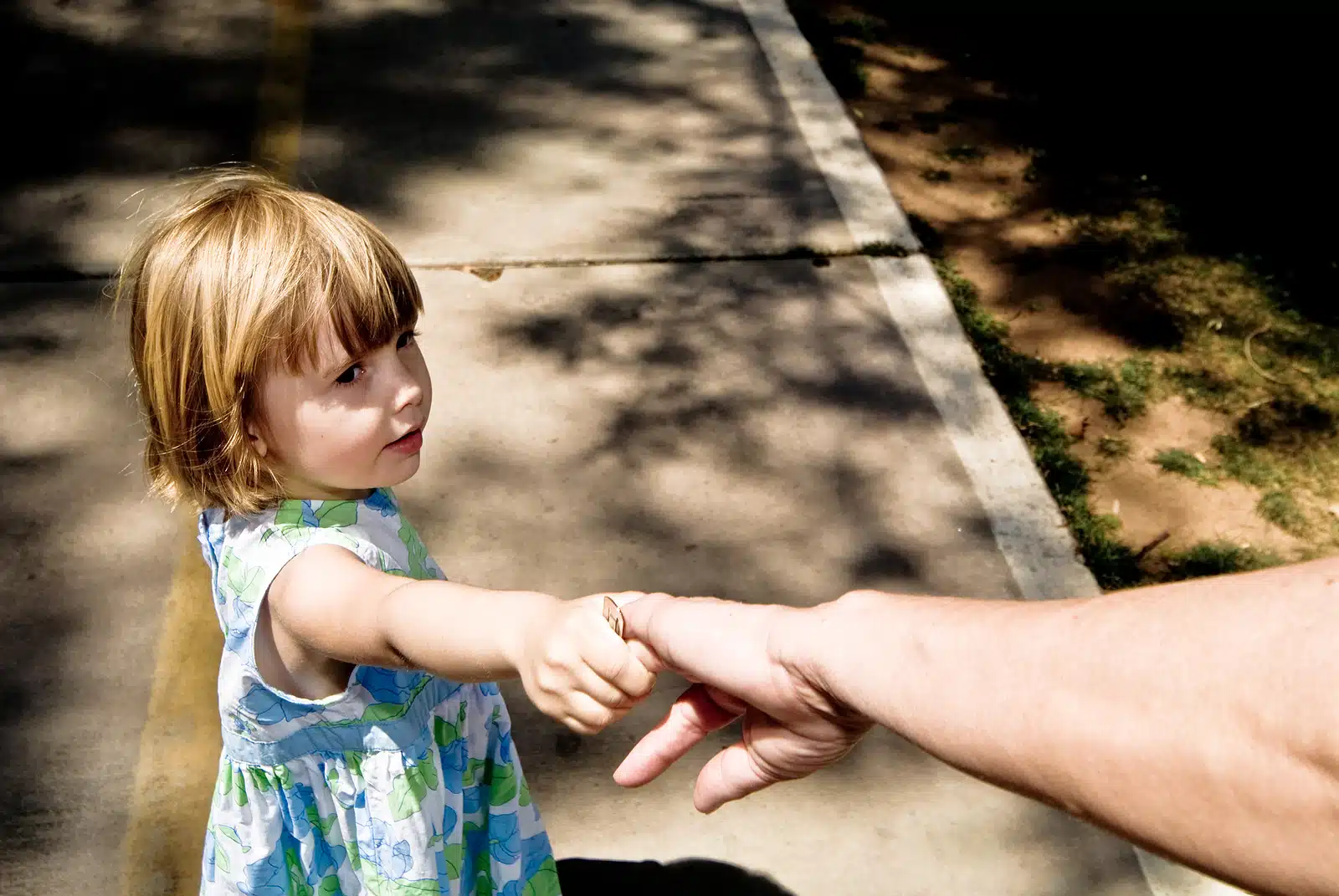How Can Your Ability to Communicate With Your Ex Impact Your Parenting Agreement?
Divorces can happen for various reasons, but it’s not uncommon for the relationship between exes to be strained following the split, even when they have children together.
Most of the time, parents in a joint parenting situation find ways to overcome their discomfort or frustration with their ex and create a communication plan for the benefit of their child. But what happens if one parent is unable or unwilling to communicate effectively about important choices affecting the child? If it is not possible to reliably communicate and make co-parenting decisions with your ex, then a joint parenting plan may not be your best option. If this is an issue you are encountering, a knowledgeable Ontario child custody lawyer can explain why seeking sole decision-making responsibility might be the right choice for you and your child.
Why is Communication So Important?
If you set up a parenting agreement where both parents have joint decision-making responsibilities, you are committing to putting aside your disagreements with your ex when it comes to making long-term choices that impact the well-being of your child. This doesn’t mean that you have to be friends with your ex or have constant communication with them, but it does mean that you need a system where you can have timely and respectful conversations about important parenting topics.
Issues that you will likely need to discuss include, but are not limited to:
- Medical treatment and health decisions
- Location and type of schooling
- Scheduling and transportation for extracurricular activities
- Choices about religious upbringing
Could Sole Decision-Making Responsibility Be in Your Child’s Best Interests if You and Your Ex Cannot Communicate?
In many cases, if your ex has demonstrated an unwillingness to discuss vital childcare topics with you, it will likely be beneficial to seek sole decision-making responsibility as part of your initial parenting agreement. Even a detailed parenting agreement cannot account for every issue that may arise, and if you are making choices jointly, you will need to have open lines of communication. If reliable communication and agreement are not possible, it can be much less disruptive for your child if only one parent is in charge of these decisions. Otherwise, there could be delays in getting medical care or making helpful changes to your child’s education plan that could negatively impact them.
Even if you attempt to create a joint parenting plan with your uncommunicative ex, you risk the possibility of the court deciding to switch to sole decision-making responsibility if it becomes clear that you are unable to make choices together. The court is bound by the Children’s Law Reform Act to create and enforce a parenting order that is in the best interests of the child. One factor that the court must consider when determining if a joint parenting agreement is appropriate is whether both parties possess the ability and willingness to communicate and cooperate on matters affecting the child. The court should never order a joint parenting plan in the hopes that it will improve communication between parents. Instead, they should consider the parents’ communication history and whether the child’s needs are being met.
Would Your Ex Still Be Able to Have Parenting Time?
Decision-making responsibility and parenting time (formerly “custody” and “access”) are two separate components of a parenting plan. Parenting time refers to having physical custody of the child and being the primary caregiver for that period. It is possible, and even highly likely, that you will share parenting time with your ex, even if you are granted sole decision-making responsibility. The court prefers to ensure that a child gets to spend time with both parents unless there is a compelling reason not to do so.
If your ex has parenting time, they will be responsible for minor day-to-day decisions affecting the child while they have physical custody. They will also have the right to request information regarding the child’s education, well-being, and other essential matters. However, as the parent with sole decision-making responsibility, you will remain in charge of major choices.
How Can You Demonstrate Your Communication Issues to the Court?
Keeping thorough documentation of your good faith communication efforts with your ex can provide you with evidence to support your decision to seek sole decision-making responsibility. Save copies of text messages, emails, voice messages, and other methods you’ve used to attempt to contact your ex about issues regarding your child.
If your ex has been combative, threatening, or has tried to manipulate aspects of your divorce agreement by withholding communication about your child, save records of this behavior and inform your divorce lawyer right away. If your ex’s communications have made you fear for your safety, contact local authorities for help.
How Can a Skilled Family Lawyer Help You?
Navigating a divorce when you have a child can be incredibly challenging. If you wish to have a successful joint parenting agreement, it is critical to work out an effective communication strategy that you can utilize when making decisions for your child post-divorce. An experienced family lawyer from Anthony Family Law can assist you with setting up a usable communication plan as part of your parenting agreement. If communication breaks down or your ex already has a history of being uncooperative, your lawyer can help you seek sole decision-making responsibility for your child to safeguard their well-being. Contact our law firm today at 647-933-2397 to learn more about the many divorce and custody services we offer.








